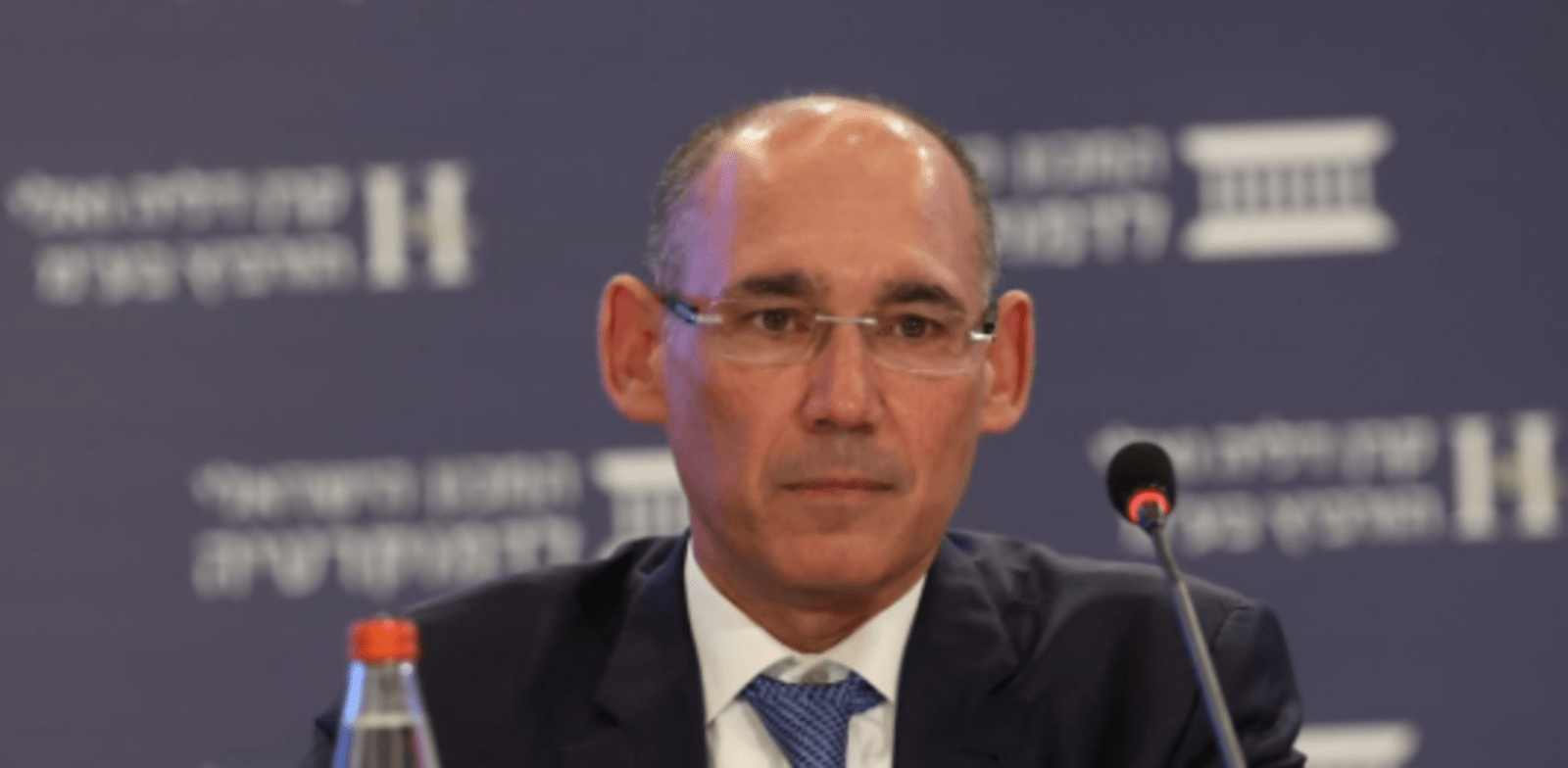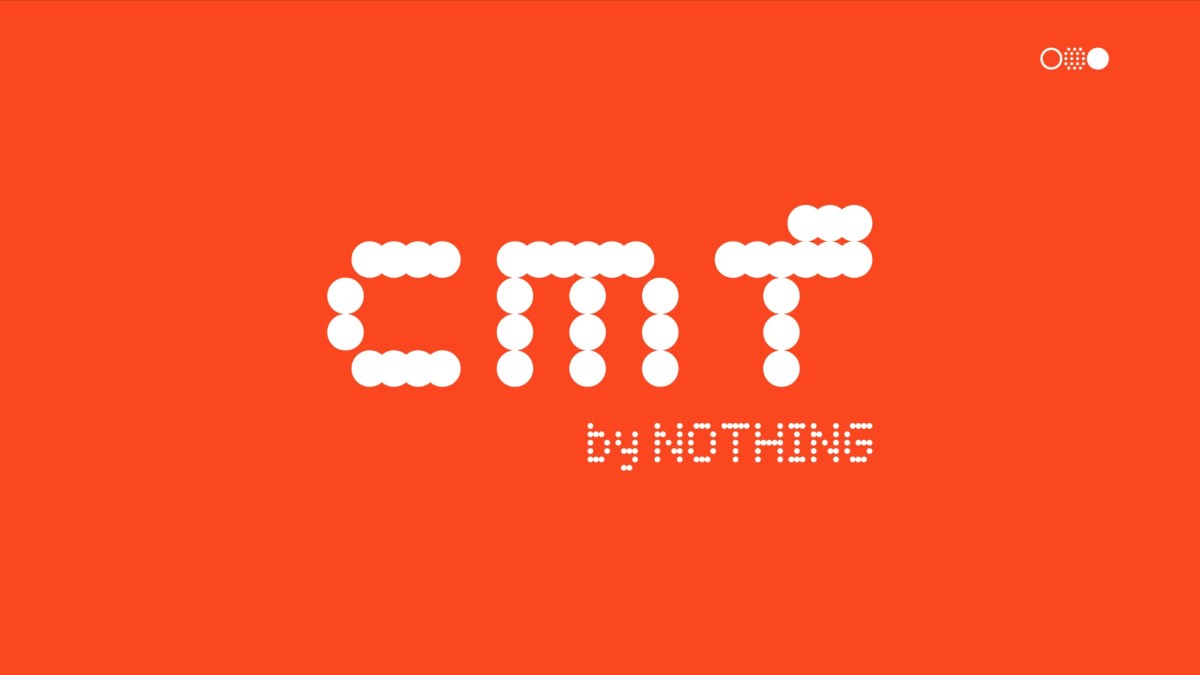People being scared of clowns is fairly universally accepted. It’s the punchline of many a meme. And who knows why? Equally Strange: People are often nervous talking about money. Why? Maybe because money rules our lives, for better or worse.
And money has been around since the Mesopotamian shekel – the first known unit of weight, which became one of the first forms of currency. It emerged some 5,000 years ago in Asia Minor. Our forefathers talked about money openly, so why is it such a taboo subject today? Well, there is no real reason other than fear of judgment – including about your own level of financial literacy – and fear of being exploited.
Whatever the reason, it places a considerable burden on advisors as they attempt to have critical money conversations with clients.
$ conversations not just about $
This resistance to addressing Money Conversations must be approached in the spirit that this is more than a traditional financial planning conversation. It’s an identity and life-purpose conversation.
Building trust comes first. People are unique, and they want the comfort of knowing you understand that and that you see them as individuals. So, for example, when asked by a nervous first-time investor the loaded question, “what do you think I should do?” the way to build trust is to respond, “what do YOU want to do?”
Their vision, identity, life-purpose and all sorts of goals should drive the answer(s). Likewise, their behavior and decision-making are also unique to their financial personality which reflects the natural DNA behavioral style hardwired from about seven years old, and then their conscious choices based on experiences, education and values. Therefore, the decisions you help them make must be based on their unique life plan which reflects their make-up, desires, wants, needs, circumstances, experiences and other essential factors.
Individual narratives
I’m a great believer in stories; storytelling is fundamental to solving our clients’ problems. My team delivers world-class behavioral solutions to organizations, and we do this by listening to client stories and showing them how our systems measure advisor and client risk and financial behavior.
We are increasingly asked to guide and advise organizations charged with clients from a younger generation who are inheriting wealth. They have little or no understanding of how money will impact their world, how their “money energy” will flow, and how it will affect their well-being or even their happiness.
Financial advisors realize that many young people new to investing are driven by the need to succeed and control their destinies. Many come from a generation of risk-takers, but the same may not be true of their risk tolerance in investing.
Money energy & youth
I have the privilege of being involved in a great community that empowers boys without fathers to become “men of influence” for a lifetime, impacting other generations. Recently one of the boys, now a young man in his 20s, came to me with the news that he had inherited a significant amount of money from a distant uncle of his late father. He was anxious and unsure what to do. He shared that he wasn’t sleeping well and couldn’t think clearly.
Robert (not his real name), an ordinarily clear-headed and strategically sound young man, was reacting to money energy. That’s the stored force that surfaces at times when money flows into (or out of) your life. Whether you have much money or not, the energy of money is so strongly omnipresent in all aspects of life that it is the fourth major energy source, along with the personal life energies of food, mind and body.
In Robert’s case, he suddenly became the custodian of wealth, and his money energy was raging and impacting his thought process and health.
Dealing with the energy of money is not only a financial planning issue; again, it is a significant behavioral and health management issue that must be collectively addressed for long-term, overall health and happiness.
Mining that narrative
Once I shared the principles of money energy with Robert, he began to understand his responses to his newfound wealth. I then began asking him questions based on his uniqueness.
I learned that his father, the primary breadwinner, died when he was very young. He and his mother were left with a small income, meaning his mother returned to full-time work. Roberts’s approach to money was based on his early life experience of his mother working hard to survive and provide a good education.
An essential aspect of advisory communication that shows you understand a client’s uniqueness: Actively demonstrating that you have listened in a non-judgmental way. Your entire focus must be on what the client says, feels and needs. Your mind cannot wander off with your own goals, needs, beliefs, biases and mood.
Talking about money elicits positive and negative reactions depending on how people see life – half glass full or empty, for instance. For every behavior, there is corresponding energy. So, with financial behavior, there is a related “money energy.”
Some of the questions I asked Robert, some of which he had never asked himself:
- How do you feel today?
- What are you thinking about?
- What brings you happiness and joy?
- Where is your life going well right now?
- What do you see as being your greatest strengths?
- What are you passionate about?
- What is the purpose of your life?
- How do you like to spend your days?
- What do you need to have more meaning in your life?
- How do you plan to realize your life and financial potential?
- What are the best and worst decisions you have made?
- How well are your work and family relationships aligned?
- What is your finish line?
- How do you want to be remembered?
- And what else? What have I not asked that you want to share?
He was thoughtful in his responses, which is not surprising as I know him to be a reflective thinker. Robert’s responses highlighted his individuality; he wants money to mean something in his world. I understand he is not exceptional in this regard, but meaningfully guiding him through what he sees as his life story requires an advisor willing to listen and engage on his level.
Harness uniqueness, energy
Clients are unique regarding their behavioral style and how they must be communicated with. In a time of market uncertainty, the pressure of these times will make this need even more robust.
The behavior you see from a client under pressure will be their natural “hard-wired” DNA Behavioral style. Despite all the socialized learning that may have gone on during their lives, it is hard for anyone not to revert to their instinctive way under pressure. That is, the behaviors they exhibit without even realizing it. As the coach or advisor, you might not have seen it surface very strongly, given that times have generally been good since the 2008 global financial crisis and even the past five to 30 years.
But given the last few years of uncertainty and the fact that the economy is still in the danger zone, you are likelier to see extremes of behavior not seen before. Therefore, learn to identify and leverage this uniqueness and money energy – how it can be revealed and measured.
If my reference to Money Energy has raised thoughts and issues – or even pushback – I am happy to share my research in this area, including a working formula to unleash the power of money across all areas of your life.
You might ultimately still be scared of clowns, but I promise we can demystify money energy for you and your clients.
The views and opinions expressed herein are the views and opinions of the author and do not necessarily reflect those of Nasdaq, Inc.








































